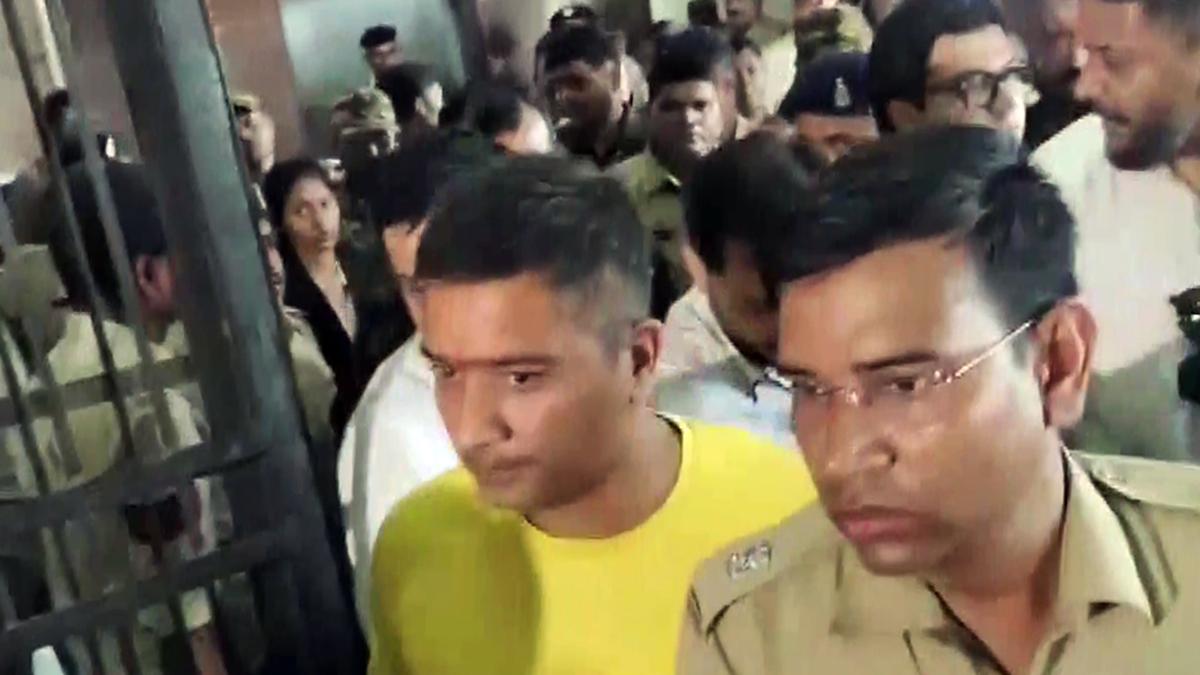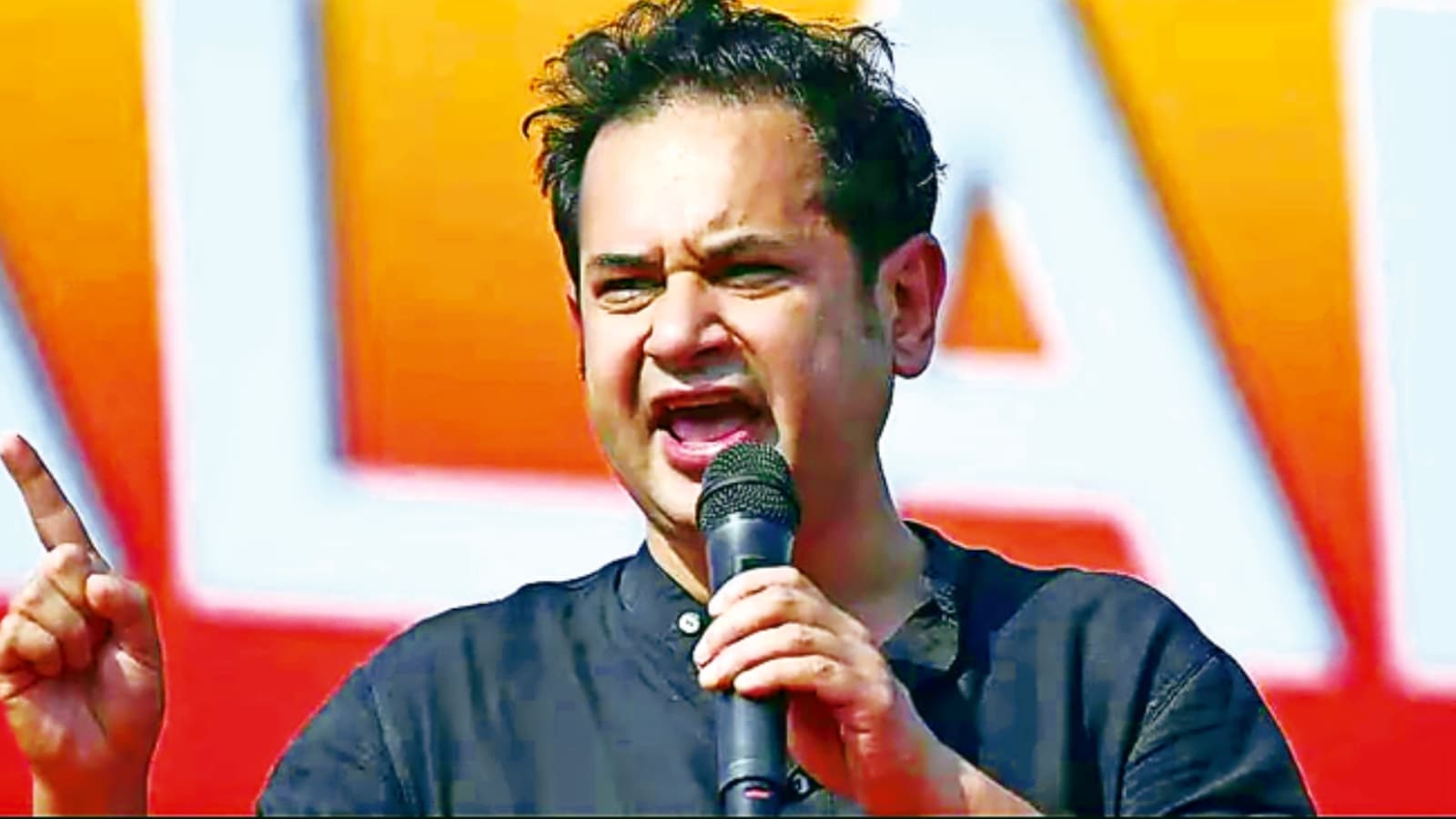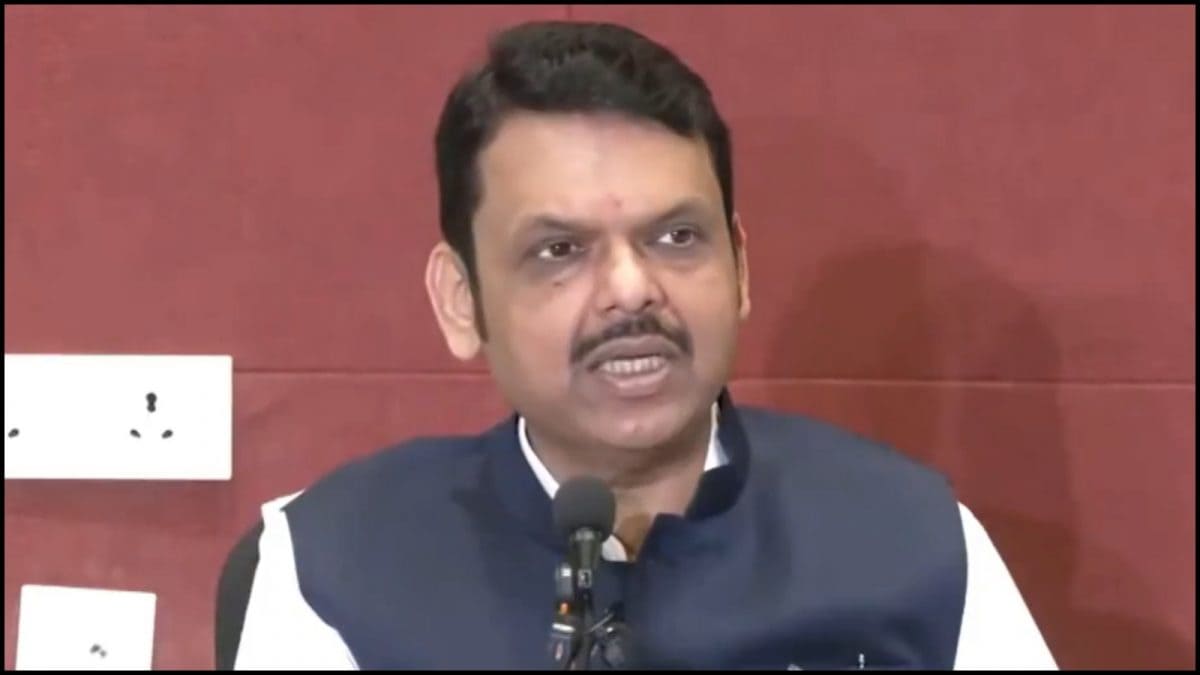Cases of violence against women are not being fast-tracked as there is no infrastructure for the same. In the absence of fast-track courts for women, how to ensure justice for those who file cases remains a problem, J. Sandhya, lawyer and secretary of the Sakhi women’s resource centre, has said.
She was speaking at a panel discussion ‘Bridging gaps, building systems: A roadmap to address violence against women and girls in Kerala’ on the second day of a two-day workshop on ‘Strengthening institutional mechanisms combating violence against women and girls’ organised by the Kochi-based Centre for Public Policy and Research (CPPR) in association with the U.S. Consulate General, Chennai, here on Friday.
Ms. Sandhya said that courtesy the Supreme Court, cases registered under the Protection of Children from Sexual Offences (POCSO) Act were being fast-tracked. However, the situation was different when it came to cases of violence against women. In Thiruvananthapuram, there was one fast-track court for women and children together, not for women alone.
Effective implementation
She said the nation had some good laws such as the Domestic Violence Act. Criminal laws too had been revamped considerably, especially those related to sexual assault of women. How effectively were these laws implemented remained a question.
Though a number of institutional mechanisms had been put in place for children since 2006, in the case of women such systemic interventions were very few, she said.
Bindu Gopinath, Additional Director of the Women and Child Development department, called for inter- and intra-departmental convergence to tackle gender-based atrocities. As part of efforts to strengthen institutions, she underlined the need to rethink human resource utilisation of the State by reforming its recruitment policy and capacity-building initiatives.
SOP to expedite legal processes
She advocated for implementation of standard operating procedures (SOP) across institutions to expedite legal processes and urged stronger review and accountability mechanisms to ensure better institutional responses to gender violence.
Reshma Thomas, a gender audit facilitator, said gender audits should be institutionalised. They should be held every two or three years and should be participatory, involving review of policies and documents and holding of surveys, workshops, and face to face interviews instead of going through a checklist in order to better understand gaps and take steps to address them.
Every six months, institutions should examine what their targets were and where they stood and where funds had been utilised. It was also important to hold people accountable, she said.
Bindu V.C., managing director, Kerala State Women’s Development Corporation; Divya Kodoth, resource person, Gender Park; and Ragashree D. Nair, chief executive officer of Medicaid Ethos Pvt. Ltd.; participated in the discussion.



.png)
.png)
.png)
















 2 hours ago
4
2 hours ago
4









 English (US) ·
English (US) ·